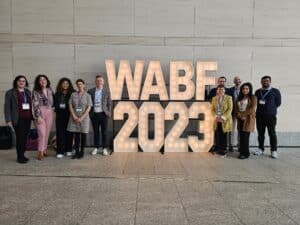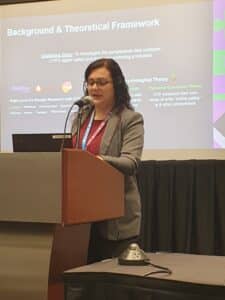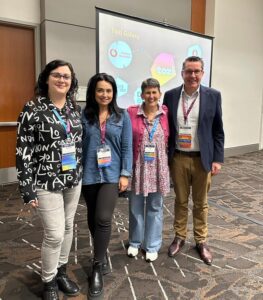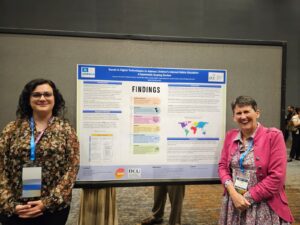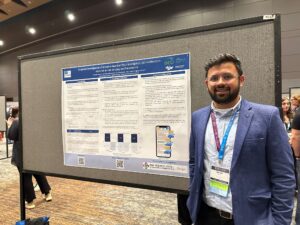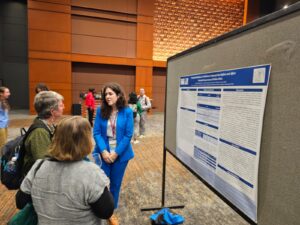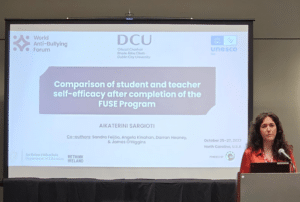International thematic meeting on bullying #1
The whole-education approach to bullying prevention
Tuesday 23 March 2021, from 13.00 – 15.00 (GMT +1)
UNESCO and the World Anti-Bullying Forum invite you to the first international meeting in an ongoing series about school bullying. Four virtual meetings will be held between March and September, contributing to the preparation of the 2021 World Anti-Bullying Forum, to take place in Stockholm on 1 – 3 November.
The first meeting will explore the whole-education approach to bullying prevention, recognising that the only way to put an end to school bullying and cyberbullying is for schools to work together with the community, including education, technological and societal systems. It will define the whole-education approach, present its nine components, and explore implementation and further research.
Speakers include:
Prof. Christian Berger, Professor in Education Psychology – Pontificia Universidad Católica de Chile, Chile
Mr. Laurent Boireau, Research and Evaluation Officer, Ministry of Education, Youth and Sports, France
Prof. Donna Cross, Professor within the Faculty of Medicine, Dentistry and Health Sciences – the University of Western Australia, Australia
Ms. Vibeke Jensen, Director, Division for Peace and Sustainable Development, Education Sector, UNESCO
Mr. Magnus Loftsson, Chair of the Scientific Committee, World Anti-Bullying Forum, and Head of Research and Development, Friends, Sweden
Prof. James O’Higgins Norman, UNESCO Chair on Tackling Bullying in Schools and Cyberspace and Director of Irish National Anti-Bullying Research and Resource Centre of Dublin City University, Ireland
Ms. Frida Warg, Managing Director, World Anti-Bullying Forum, and Research & Practice Officer, Friends, Sweden
Dr. Shoko Yoneyama, Senior Lecturer in Asian Studies – the University of Adelaide, Japan/Australia
Line-up of 2021 international meetings…
Tuesday 23 March 2021: Whole education approach to bullying prevention
Tuesday 4 May 2021: Revisiting the definition of school bullying
Tuesday 6 July 2021: Bullying involving children with disabilities
Tuesday 7 September 2021: The role of teachers in preventing and addressing bullying and cyberbullying
